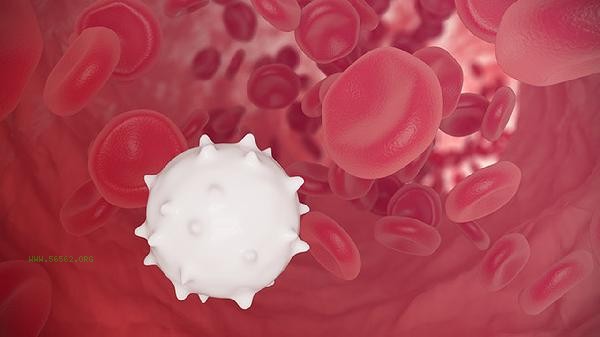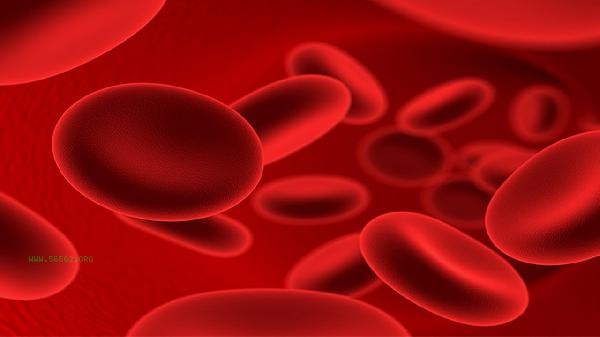Low red blood cells and platelets may be caused by nutritional deficiency, infectious diseases, autoimmune diseases, bone marrow hematopoietic dysfunction, drug side effects and other reasons, and measures such as supplementary nutrition, anti infection treatment, immune regulation, bone marrow function support or drug adjustment should be taken in combination with specific causes.

1. Nutritional deficiency: Insufficient intake of iron, folate, or vitamin B12 can lead to a lack of hematopoietic raw materials, manifested as decreased red blood cell volume, microcytic hypochromic anemia, or megaloblastic anemia. Patients with long-term picky eating and digestive absorption disorders are prone to such situations and need to supplement with animal liver, dark green vegetables, and other foods. In severe cases, oral iron supplements or injections of vitamin B12 are necessary.
2. infectious diseases:
Chronic infections such as viral hepatitis and HIV can inhibit the hematopoietic function of bone marrow, and EB virus infection may also cause hemophagocytic syndrome. These patients often have fever, hepatosplenomegaly, and require antiviral treatment while monitoring reticulocyte count and inflammatory markers. 3. Autoimmune diseases: Systemic lupus erythematosus, Sjogren's syndrome, and other diseases can produce antiplatelet antibodies and red blood cell antibodies, leading to immune thrombocytopenia and hemolytic anemia. The typical manifestations are skin purpura and jaundice, and glucocorticoids and immunosuppressants are the main treatment methods. 4. Bone marrow hematopoietic disorders: Diseases such as aplastic anemia and myelodysplastic syndrome can lead to a decrease in whole blood cells, and significant reduction in hematopoietic cells can be observed through bone marrow puncture. These patients need to receive hematopoietic growth factor therapy, and in severe cases, allogeneic hematopoietic stem cell transplantation should be considered.
5. Drug side effects:
Chemotherapy drugs, chloramphenicol, sulfonamides, and other drugs may inhibit bone marrow hematopoietic function, usually resulting in a decrease in blood count 2-3 weeks after medication. Suspected drugs should be immediately discontinued, and if necessary, red blood cell or platelet support therapy should be administered.

It is recommended to regularly monitor changes in blood routine, and seek medical attention promptly when platelet count is below 30 × 10 ⁹/L or there is a clear tendency towards bleeding. Daily diet should ensure the intake of high-quality protein and iron containing foods, and avoid vigorous exercise and external injuries. Long term use of drugs that may affect hematopoietic function should result in a blood routine check every 1-2 months. Elderly patients with persistent blood cell reduction should be alert to the possibility of hematological malignancies, and it is recommended to improve bone marrow biopsy and other examinations.










Comments (0)
Leave a Comment
No comments yet
Be the first to share your thoughts!